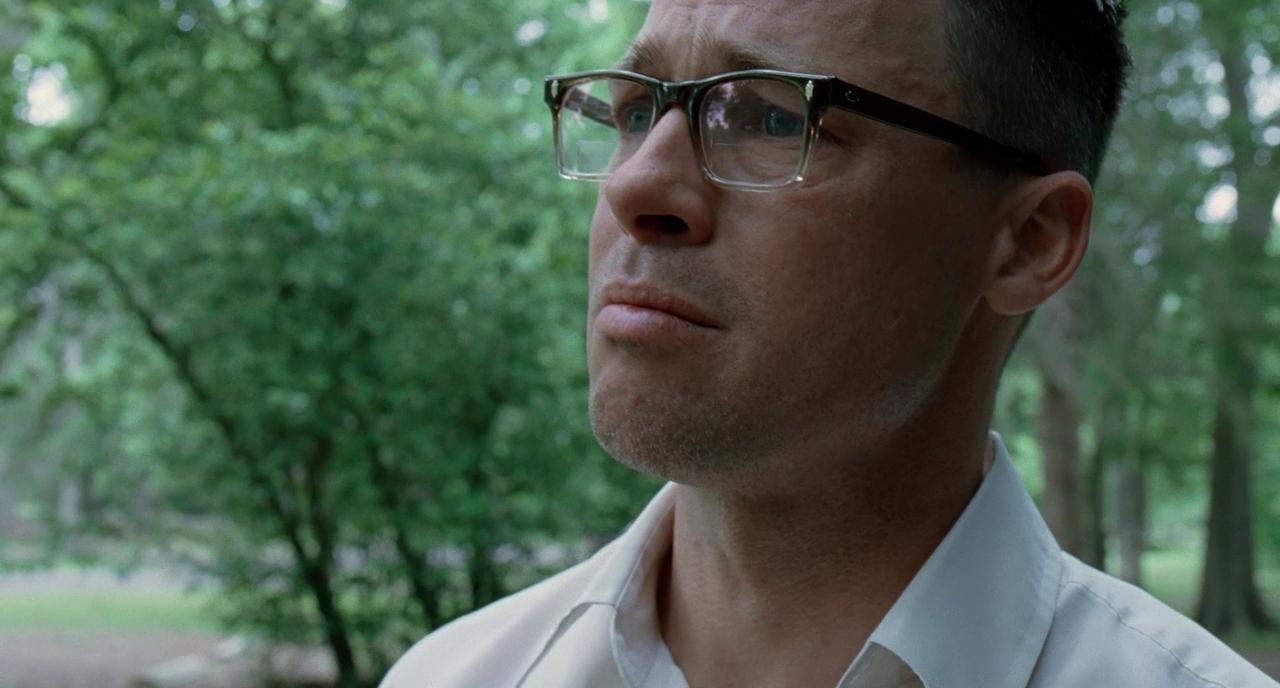
This week’s edition of “Hopelessly Devoted” comes from Javier Garcia. A powerful reminder of our universal propensity towards Pharisaism–and the only righteousness that matters.
To some who were confident of their own righteousness and looked down on everybody else, Jesus told this parable: “Two men went up to the temple to pray, one a Pharisee and the other a tax collector. The Pharisee stood up and prayed about himself: ‘God, I thank you that I am not like other men—robbers, evildoers, adulterers—or even like this tax collector. I fast twice a week and give a tenth of all I get.’ But the tax collector stood at a distance. He would not even look up to heaven, but beat his breast and said, ‘God, have mercy on me, a sinner.’ I tell you that this man, rather than the other, went home justified before God. For everyone who exalts himself will be humbled, and he who humbles himself will be exalted.”
If you have been a Christian for a while now, maybe you are confident of your own righteousness, like the people Jesus targets in presenting this parable. It’s not really obvious until we notice that we are suddenly judging everybody else because of all the things we have done. It really has nothing to do with them; it’s just our own attempt to self-justify. It comes to the fore when we start listing in our minds the reasons why God owes us, why we are better than other people in his sight.
 If you had met me in college, I would have told you that I had been a Christian for a while. After a significant experience when I was around 15, I began a sort of quest to really know God. My conversion was quite sudden (though actually much more gradual when I come to think of it), and I began to read whatever Christian books I could get my hands on. Some were downright stupid, but others I still find worthwhile. I was reading the Bible regularly, praying for long periods of time and generally staying on top of everything one would traditionally deem “pious.” In modern Christian parlance, I was a “good Christian.” Things calmed down throughout high school, but I was still confident in my relative lack of sin because externally I was keeping things in check – no swearing, hooking up, getting drunk, or the like. I could hold my head up high when talking to other Christians and even pastors. I tended to look down at those around me that did the things I thought sinful and secretly reveled in the praise people gave me for my progress. I repented of my sin, but felt that it was significantly less than everyone else’s. It was as if God could forgive me more because there was less to forgive. I was somehow better, and I felt God knew it. Maybe that’s why he saved me, I thought.
If you had met me in college, I would have told you that I had been a Christian for a while. After a significant experience when I was around 15, I began a sort of quest to really know God. My conversion was quite sudden (though actually much more gradual when I come to think of it), and I began to read whatever Christian books I could get my hands on. Some were downright stupid, but others I still find worthwhile. I was reading the Bible regularly, praying for long periods of time and generally staying on top of everything one would traditionally deem “pious.” In modern Christian parlance, I was a “good Christian.” Things calmed down throughout high school, but I was still confident in my relative lack of sin because externally I was keeping things in check – no swearing, hooking up, getting drunk, or the like. I could hold my head up high when talking to other Christians and even pastors. I tended to look down at those around me that did the things I thought sinful and secretly reveled in the praise people gave me for my progress. I repented of my sin, but felt that it was significantly less than everyone else’s. It was as if God could forgive me more because there was less to forgive. I was somehow better, and I felt God knew it. Maybe that’s why he saved me, I thought.
But, as many of our stories go, I met a girl in college and completely fell head over heels for her. I loved her intensely and deeply, even though she wasn’t a Christian and did many of the things I felt were contrary to my faith. Many of my Christian friends warned me of the peril of dating this girl, especially for my faith. They told me my faith would die, that I would have to choose between her and God. Suffice to say that they only personified the law and my faith went through a pretty cataclysmic crisis. I felt torn in two with my whole life in the balance. All the pressure and desperation plunged me into the bottomless pit. I found myself doing things that, in truth, I never thought myself capable. It was horrible. I was finally seeing how horrible I was and could be, and the sight was absolutely harrowing. By God’s infinite grace, I had my friend Dave throughout the whole experience who listened to me and loved me through it all. When all the pious left, he believed and trusted God above my sinfulness and was able to support me without berating me. I already knew what was true, that the relationship had to end, but he let me come to it rather than forcing it. More than that though, he reminded me of the Gospel, that Christ had died for my sins.
 It was this time in college when I, like the tax collector, beat my breast and cried out to heaven for mercy. I began to look at others and feel some new measure of compassion, instead of burning contempt. I will relapse daily, snubbing others and holding what I have done up to God. I only pray that Jesus will be merciful in humbling me again and again.
It was this time in college when I, like the tax collector, beat my breast and cried out to heaven for mercy. I began to look at others and feel some new measure of compassion, instead of burning contempt. I will relapse daily, snubbing others and holding what I have done up to God. I only pray that Jesus will be merciful in humbling me again and again.
When we read this parable in Luke let us remember that Jesus, who saw right through everyone’s hearts, told it to those who were confident in their own righteousness with active compassion and tenderness. The great physician knew their disease and that their cure lay in him. If you are the Pharisee in this story, or find yourself being Pharisaical (as all “seasoned” Christians tend toward) know that God is merciful. When we approach him in faith he will humble us by opening our eyes to our sinfulness and his mercy, even for the worst Pharisees among us. Thank God that his mercy does not depend on our holiness and righteousness but on the righteousness of Jesus Christ!

COMMENTS
Leave a Reply













